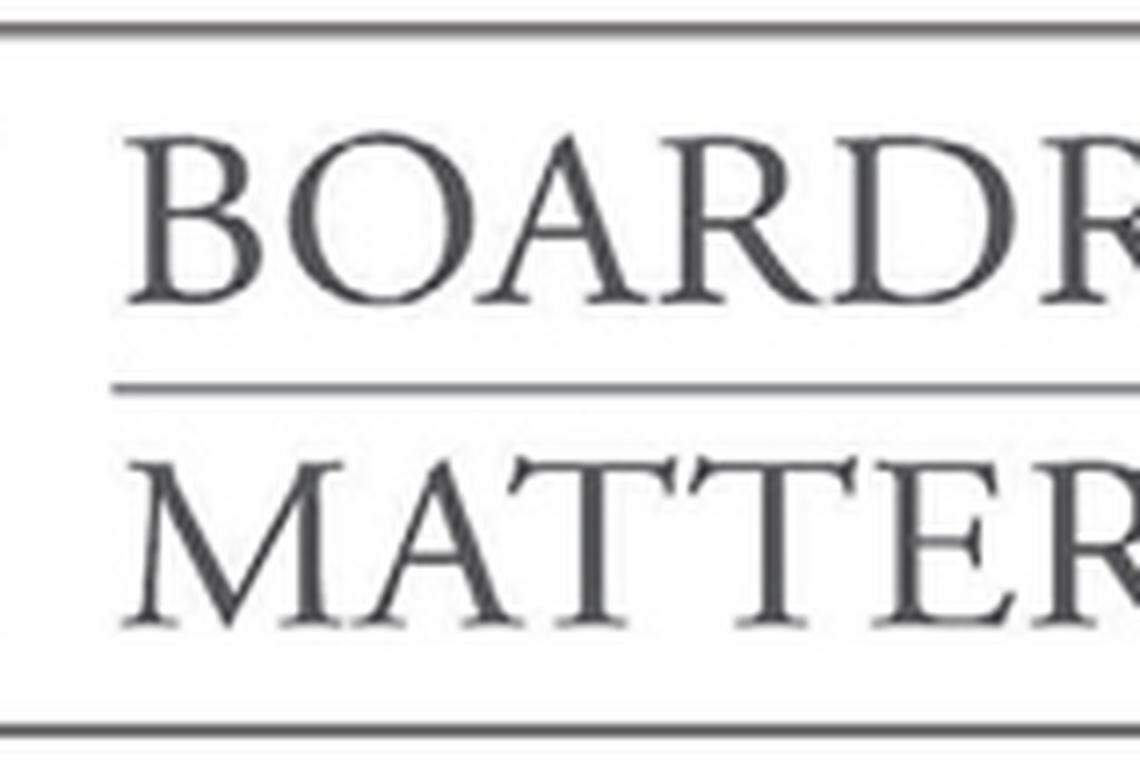Making 'ownself check ownself' work
For a board to govern itself effectively, it must set up clear guidelines, make use of third parties and benchmarks and develop a culture of objective decision-making.
THE role of a board is to govern the company. This means that it has to check that management conforms to rules and policies, and performs to expectations.
However, as a body within the corporation - albeit one at the highest level - the board, too, needs to be governed and be subject to checks.
Now, a fundamental principle of good governance is the separation of the governor and the governed. However, since the board is at the apex of the corporation, effectively, most of the governance and checks of the board are in fact being undertaken by the board itself. You could say this is a corporate version of "ownself check ownself", an approach that has been disparaged in the political arena.
Some commentators argue that the governance of, and checks on, boards are, in fact, being undertaken by the shareholders who, after all, appoint the board in the first place.
On this approach, if directors do not properly discharge their duties, the shareholders can vote them out. This, however, is a nuclear option; it is neither an advisable nor calibrated approach to good governance.
To be fair, some decisions do go to shareholders for approval; for example, the payment of directors' fees and the election/re-election of directors. However, the fact is that many of the key decisions will already have been made and shareholders are being asked to endorse them. And most of the time, they do.
What's more, with usually only one general meeting of shareholders a year, there are limited avenues for all governance-related decisions to be surfaced to the shareholders.
Self-check, self-interest
Under the right conditions, a certain amount of self-checking can actually be good governance. However, a cause for concern arises when self-checks go into areas of self-interest, such as:
From a practical standpoint, these self-checks of the board do need to be performed by the board simply because it is the company's highest ranking body. That is why leading practices have evolved to enable boards to properly and appropriately conduct such self-checks.
Enhancing self-checks
The first is to establish and publicly disclose clear criteria and guidelines upfront, especially in sensitive areas such as board composition, director tenure and multiple directorships.
The benefit of clear criteria is that they can be objectively and fairly applied. For example, a stated guideline on a director's term limit of, say, nine years (whether for the board or for determining director independence) takes away the angst, unproductivity and loss of face in dealing with each affected director. Otherwise, in the absence of a clear guideline, the default decision could be to keep a long-staying director on even though some directors of the board may be uncomfortable with the decision but stay silent in the interest of board harmony.
The second is the use of third parties to provide an outside perspective, insights and benchmarks for matters such as director search, benchmarking director remuneration, and facilitating board evaluations.
Third parties need not be professional firms which command high fees; they can be qualified individuals or nonprofit organisations. What is important is that they are truly independent of the board and the company.
The third is the use of benchmarks to provide data for objective comparison with the board's own situation. While these are often provided by independent consultants, many are publicly available (for example, the Singapore Governance and Transparency Index, and the Singapore Directorship Report), or affordably available from the consulting firms that produce them without the need to hire these firms.
The fourth may be the hardest to achieve: a board culture that ensures openness, shared values, and positive boardroom dynamics that result in constructive contention and objective decision making. Such a culture is heavily dependent upon the conduct of the chairman and individual directors.
Enter the regulators
Where boards have shown a glaring lack of proper conduct or opacity in certain self-check areas, or if there are clear gaps in general board practices, the regulators may step in.
For example, several jurisdictions are beginning to impose hard limits on the tenures of independent directors: the EU (12 years), India and Indonesia (10 years), and the Philippines (9 years).
On multiple directorships, Malaysia and India have set a limit of five and seven listed directorships respectively, while the UK requires that a full-time executive director does not have more than one FTSE 100 directorship.
Most jurisdictions require disclosure of the board evaluation process, and of the use of third party facilitators. The UK also requires FTSE 350 companies to use an external facilitator for board evaluations at least once every three years.
Most jurisdictions also encourage an external search process, with the UK regulators requiring an explanation if no external search or open advertisement is used to appoint a chairman or non-executive director.
The list goes on. The point is that if boards do not do a better job of governing themselves, then their hand may be forced by the regulators or shareholders.

BT is now on Telegram!
For daily updates on weekdays and specially selected content for the weekend. Subscribe to t.me/BizTimes
Companies & Markets
Carrier AirAsia discloses new listing plans under RM6.8 billion units merger
Intel slides after tepid forecast spurs fears about comeback
Microsoft beats estimates as AI drives revenue
Crypto firm sues SEC to fend off oversight of Ethereum
Snap beats first-quarter expectations, shares jump 25%
Google parent announces first-ever dividend; beats on sales, profit; shares soar
